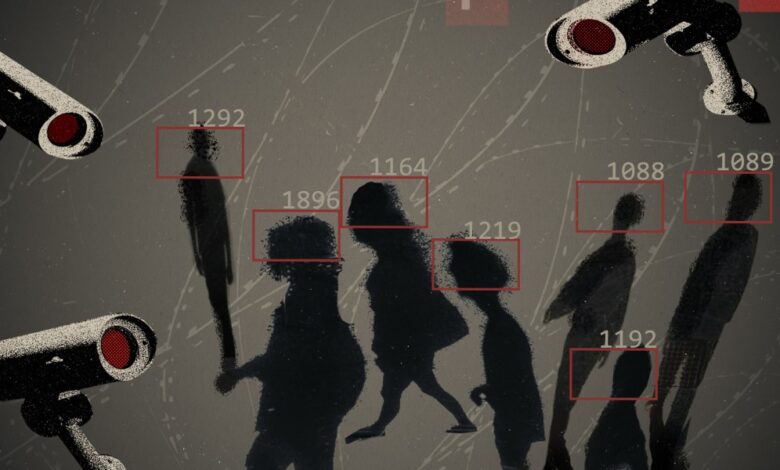The world is getting closer to a new cold war fought by authoritarian technology

In addition to the SCO, the Venezuelan autocracy announced in 2017 a smart identification card for its citizens to aggregate employment, voting and health information with the help of a Chinese telecommunications company. ZTE. And Huawei, another Chinese telecommunications group, boasts a global network of 700 localities with smart city technology, according to the company’s 2021 annual report. This number increased compared to 2015, when the company had about 150 international contracts in cities.
Chinese surveillance platforms used for policymaking and public security
Democracies are also associated with digital authoritarianism. America has a formidable surveillance system built on Chinese technology platform; A recent study by industry research group Top10VPN found that more than 700,000 US camera networks are operated by Chinese companies Hikvision and Dahua.
US companies also support the majority of the digital dictatorship industry and are key players in complex supply chains, which makes separation and accountability difficult. For example Intel, power to the server for Tiandy, a Chinese company known for developing “smart interrogation chairs” used in torture.
Hikvision and Dahua camera networks outside of China
Beyond the code
Digital authoritarianism goes beyond software and hardware. More broadly, it’s about how the state can use technology to increase control over its citizens.
Internet outage caused by state actors, for example, has increased every year over the past decade. The ability of a state to turn off the Internet is tied to the degree of its ownership of internet infrastructure, a hallmark of authoritarian regimes like China and Russia. And as the Internet becomes more essential to every area of life, so does the power of power outages to destabilize and harm people.
Earlier this year, when anti-government protests rocked Kazakhstan, a member of the SCO, the state shut down the internet almost entirely for five days. During this time, Russian troops poured into major cities to quell dissent. Power outages cost the country more than 400 million dollars and cut out essential services.
Other tactics include patterns to use data fusion and artificial intelligence to act on surveillance data. During last year’s SCO summit, the Chinese representative organized a workshop on Strategic Algorithms of a Thousand Cities, which teaches audiences how to develop a “national data brain” that integrates various forms of financial data and uses artificial intelligence to analyze and understand it. According to the SCO website, 50 countries are “in negotiations” with the Thousand Cities Strategic Algorithms initiative.
Relatedly, the use of facial recognition technology is spreading across the globe, and investment in advanced image computing technologies that help create a sense of camera footage has also increased, especially in Russia. .




